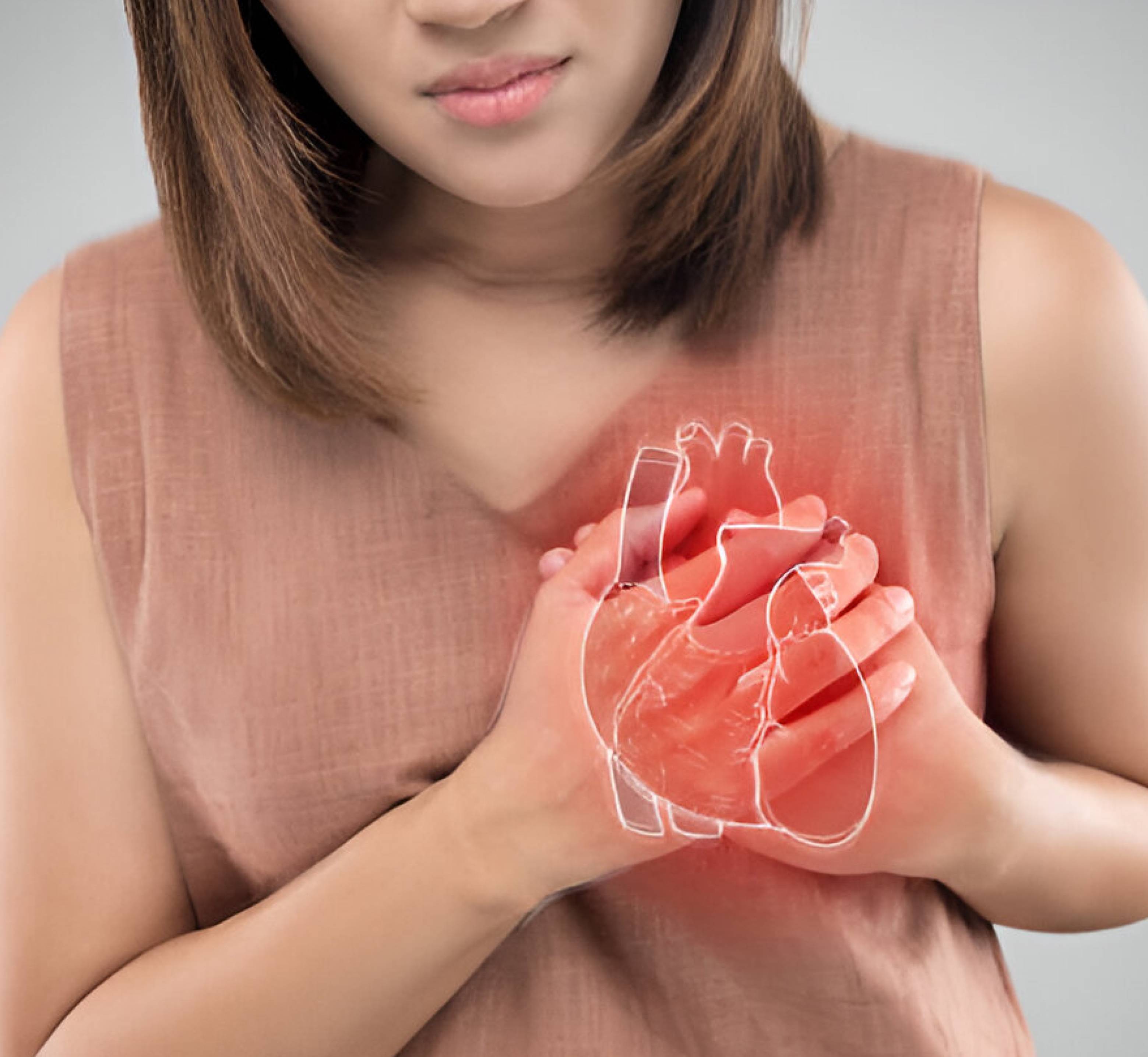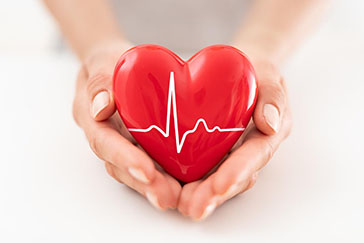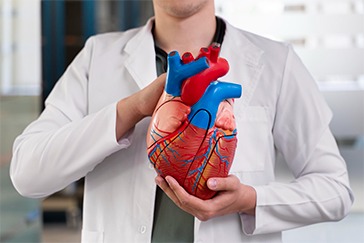 Book Appt.
Book Appt.
 Call Now
Call Now


Rhythm disorders also known as arrhythmias, are irregularities in the heart's natural electrical activity. They can cause the heart to beat too fast (tachycardia), too slow (bradycardia), or with an irregular pattern. These disorders can result from various causes, including heart disease, high blood pressure, and congenital conditions. SHALBY Sanar International Hospital is dedicated to educating patients and the community about rhythm disorders to promote awareness and ensure that individuals receive the best care possible. In this article, we will explore the causes, symptoms, diagnosis, and treatment options for rhythm disorders.
Causes of Rhythm Disorders
Rhythm disorders can arise from various causes, including:
Symptoms of Rhythm Disorders
The symptoms of rhythm disorders can vary widely and may include:
Diagnosis of Rhythm Disorders
SHALBY Sanar International Hospital offers various diagnostic tools to evaluate and diagnose rhythm disorders:
Treatment Options for Rhythm Disorders
Conclusion
Rhythm disorders are a significant health concern that requires early detection and appropriate treatment. At SHALBY Sanar International Hospital, our dedicated healthcare professionals are committed to providing comprehensive care for patients with rhythm disorders, from diagnosis through to treatment and rehabilitation. By raising awareness and offering advanced treatments, we aim to improve the quality of life for individuals affected by rhythm disorders and reduce its impact on our community. Early detection, personalized treatment plans, and a commitment to patient well-being are vital for effectively managing rhythm disorders and promoting heart health.
SHALBY Sanar International Hospitals provides extensive medical procedures backed up with our state-of-the-art technology and a team of highly qualified & experienced clinical experts.

Life-Changing TAVR Success Story | Dr. D.K. Jhamb | SHALBY Sanar International Hospitals

Timely Angiography Procedure Saves life of Iraqi Patient.

Rajiv Makhni, Managing Editor of NDTV, Shares His Experience at SHALBY Sanar International Hospitals

A successful treatment procedure helped Ms. Suri get over breathlessness
Our doctors pen down their research findings and experiences from time to time. Their words provide deep insight into the latest techniques, technologies and other advancements in healthcare. It provides expert answers to all kinds of health questions for real-life issues.
VIEW ALL




Since the day of its foundation, SHALBY Sanar International Hospitals is committed to provide comprehensive healthcare services. It regularly organizes awareness programs in its premises and encourages outdoor healthcare activities and camps with an intent to put focus on preventive healthcare.
VIEW ALL